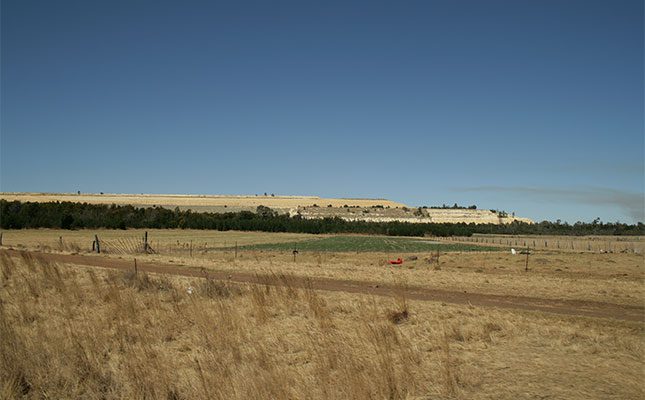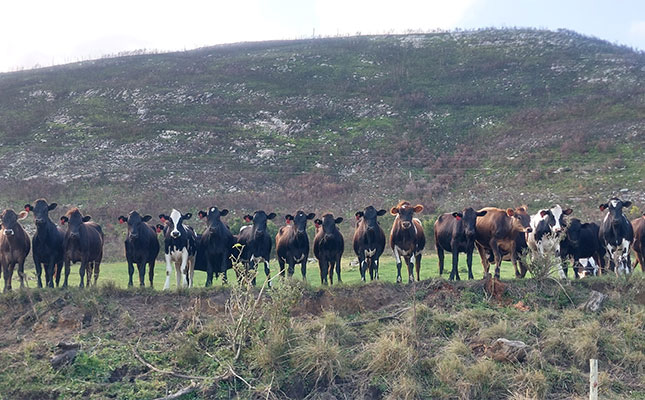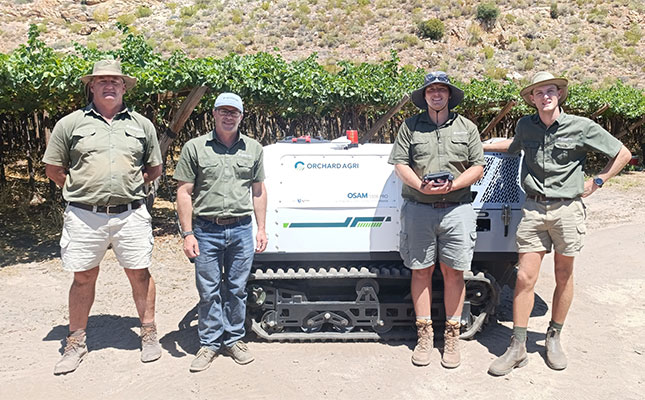
The Department of Mineral & Petroleum Resources (the department) is currently reviewing written comments on the Draft Mineral Resources Development Amendment Bill, 2025.
Concerned parties have said that if notable changes were not made to the bill, artisanal and small-scale miners would be allowed to access and mine private agricultural land, without conducting environmental impact assessments (EIAs). The bill was also vague about consultation or compensation requirements.
Janse Rabie, head of Agri SA’s Natural Resource Centre of Excellence, said in a statement that the bill undermined constitutionally protected property rights and threatened the viability of farming operations, particularly in high-potential agricultural zones.
“The absence of EIAs and enforceable rehabilitation guarantees further exposes landowners to long-term degradation without remedy,” he added.
The bill has heightened farmers’ ongoing concerns about illegal mining activities, including instances where large mining companies held licences and permits but ignored their legal obligations to protect the environment and water resources.
Robert Daval, CEO of Agriculture Mpumalanga, told Farmer’s Weekly the bill’s previous provisions were already in effect.
“There has yet to be an example of a mine that has rehabilitated the land once mining has been completed. If miners who are legally bound to rehabilitate the land don’t do so, what recourse would there be to get an artisanal miner to fix land that has been destroyed?” he said.
Daval said that the unlawful element in the mining sector was a “massive headache” for the agriculture sector.
“There is no political will at the highest level to stop unlawful mining activities. Now they are bringing in laws to make it even easier for miners to do what they wish with the land.”
Rabie added that the broader relationship between mining and agriculture remained fraught: “Fragmented permitting regimes, opaque consultation processes, and weak enforcement mechanisms continue to erode trust and compromise land-use planning.”
Agri SA expressed concern that the bill had not undergone a socio-economic impact assessment (SEIA), as required by Cabinet policy. Rabie said that had such an assessment been conducted, the risks to food production, water quality, and rural livelihoods would have been evident.
Agri SA called on government to withdraw the current bill and subject it to a full SEIA, introduce binding landowner consent for mining on zoned agricultural land, and enforce cumulative environmental and water impact assessments for all mining activities.
Get trusted farming news from Farmers Weekly in Google Top Stories.
➕ Add Farmers Weekly to Google ✔ Takes 10 seconds · ✔ Remove anytime









